Buddhist Reasoning and Debate
Introductory talks and extensive teachings on debate in the Tibetan Buddhist tradition.
All Posts in Buddhist Reasoning and Debate
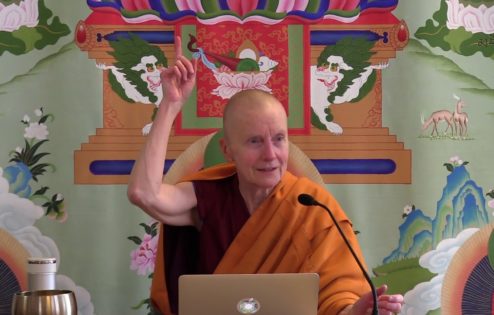
Seven kinds of awareness
Venerable Sangye Khadro covering the division of prime and non-prime cognizers, and direct perceivers.
View Post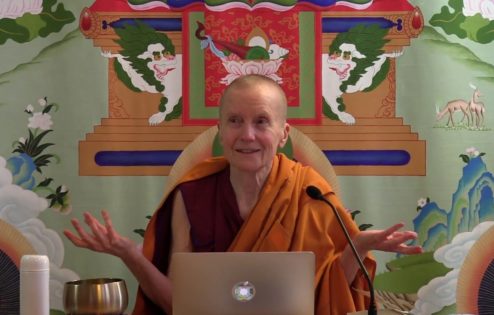
Facsimiles of direct perceivers
Venerable Sangye Khadro teaches on facsimiles of direct perceivers and inferential cognizers.
View Post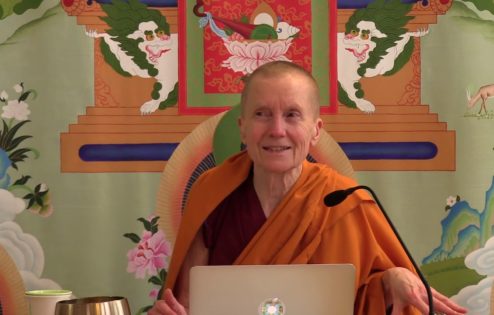
Subsequent cognizers
Venerable Sangye Khadro covers the divisions of subsequent cognizers.
View Post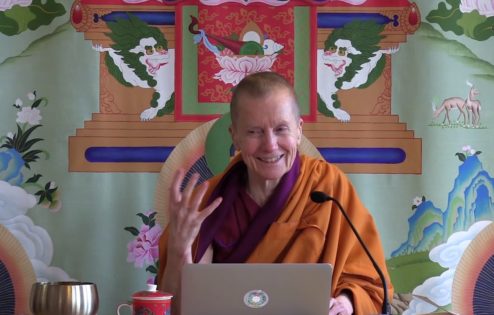
Inattentive perceptions, doubt, and wrong consciousn...
Venerable Sangye Khadro finishes teaching on the seven types of awareness, explaining inattentive perceptions, doubt…
View Post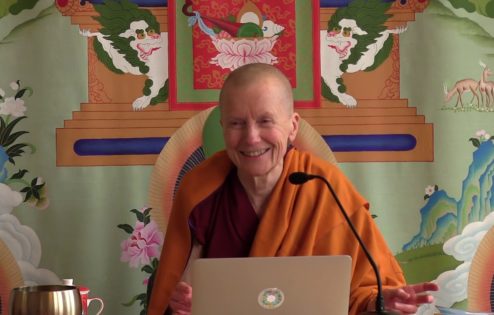
The omnipresent mental factors
Venerable Sangye Khadro begins teaching on 'Mind and Mental Factors', giving an introduction, and covering…
View Post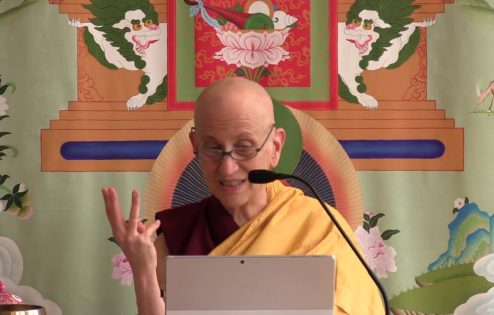
Divisions and illustrations
Reviewing material already covered in Chapter 20 on definitions and illustrations, and discussing the different…
View Post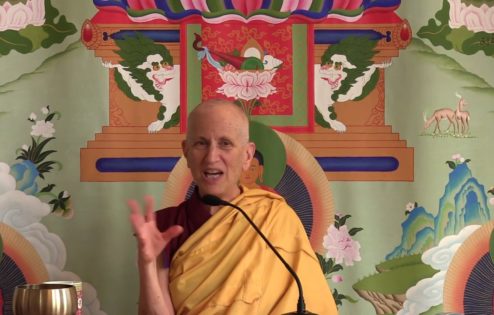
One and different
Going over exercises 20.1 and 20.4 with the class and beginning Chapter 21 “One and…
View Post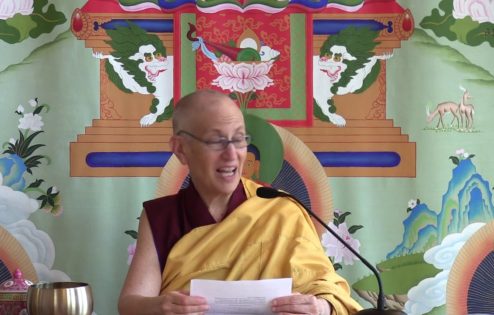
One and many as predicates
Covering the section “One-with-x and Different-from-x as Predicates” in Chapter 21.
View Post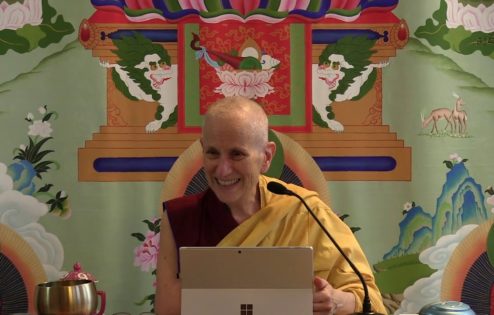
One and different as subjects
Covering the section “One-with-x and Different-from-x as Subjects” in Chapter 21.
View Post
Three kinds of sameness
Sharing supplemental information on the three kinds of sameness and beginning Chapter 23 “Consequences.”
View Post
Consequences
Continuing to teach on Chapter 22 about the consequences of faulty reasoning.
View Post
Review of consequences
Reviewing the chapter on consequences, and beginning the chapter on "Procedures in Debate."
View Post